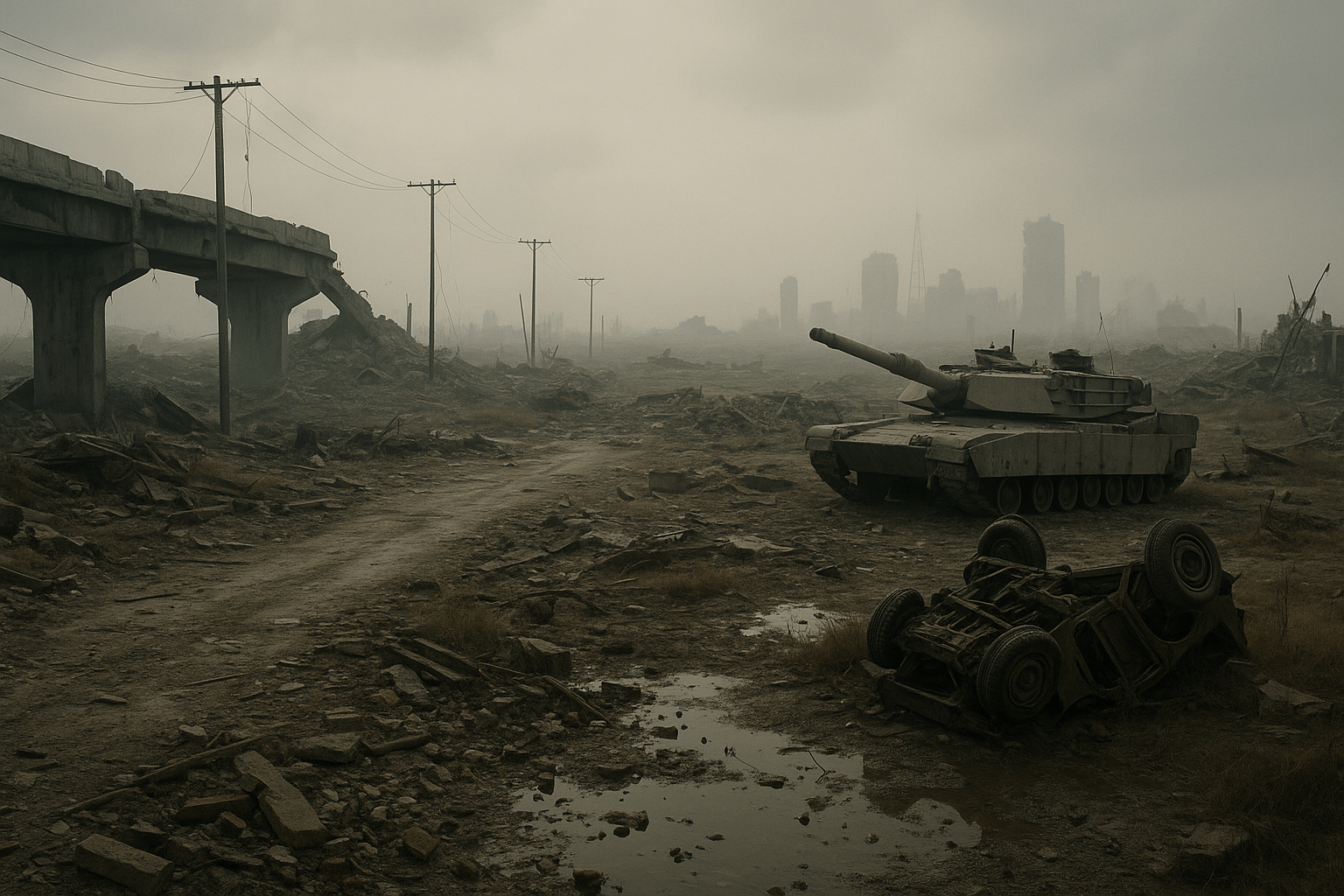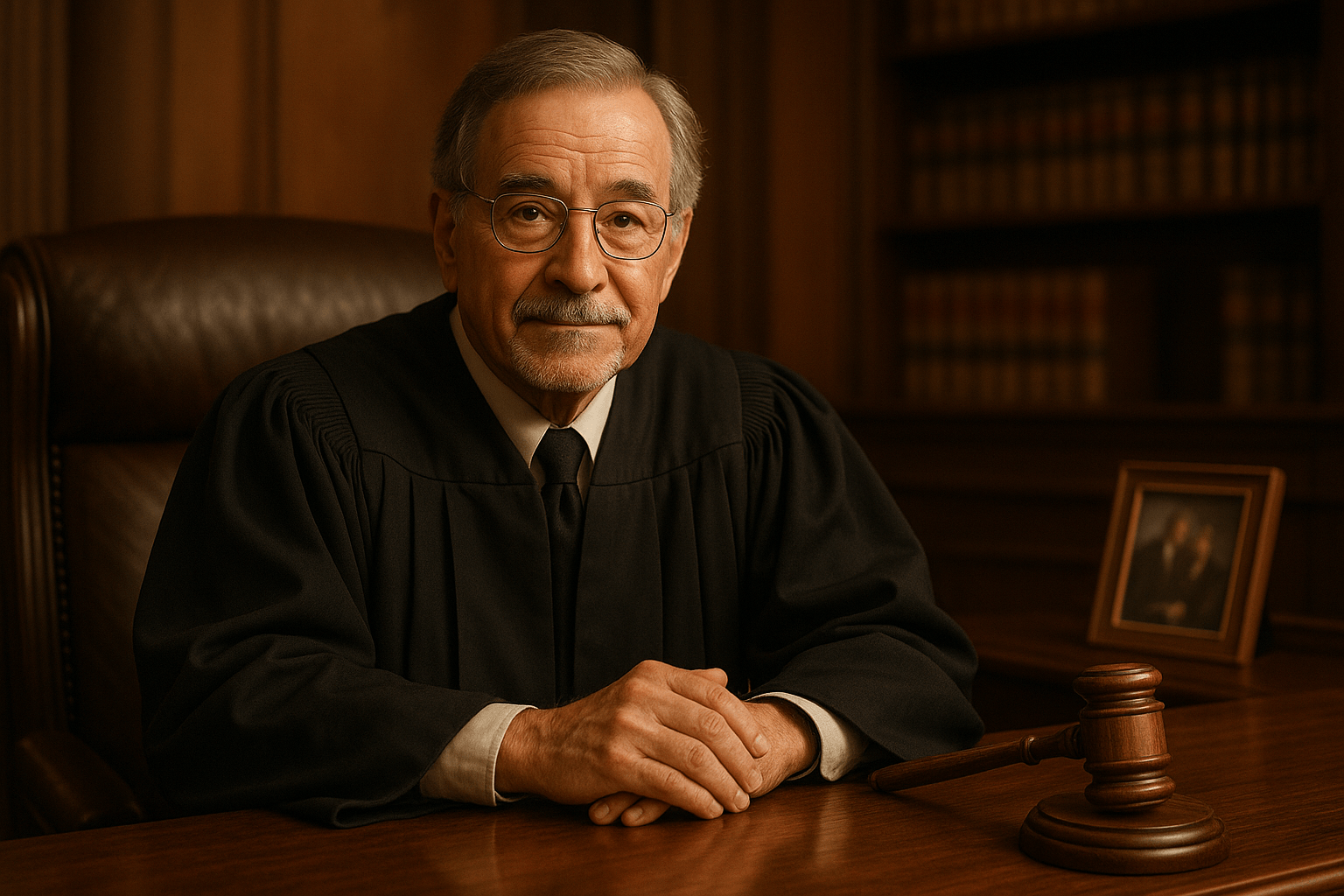The Dynamics of Diplomacy: Examining the Work of Michael Crowley and Edward Wong
By unraveling the complexities of foreign policy and diplomacy, journalists like Michael Crowley and Edward Wong play a pivotal role in informing the public about the ever-shifting landscape of global politics. Their recent reporting on U.S.-Iran relations and the specter of war has brought essential insight to a critical international issue.
Who Are Michael Crowley and Edward Wong?
Michael Crowley and Edward Wong are veteran reporters for The New York Times, specializing in diplomacy and foreign policy. With years of experience covering Washington’s dealings with the world, their analyses and reports help the public understand the implications behind official statements, government actions, and international maneuvers.
Their work frequently takes readers inside the tense, high-stakes world where global decisions are shaped—whether in closed-door meetings in Washington or in reporting from regions in crisis.
The U.S., Iran, and the Evolution of American Foreign Policy
One of the latest and most significant topics Crowley and Wong have delved into is the complex entanglement between the United States and Iran. Their article on potential U.S. military strikes against Iran investigates the behind-the-scenes decision-making processes and the implications of escalating conflict in the region.
What makes U.S.-Iran relations so important?
- Nuclear Proliferation: The ongoing debate about Iran’s nuclear program has been at the heart of international negotiations for years. The stakes are high: an unchecked nuclear Iran could trigger an arms race in the Middle East, intensifying regional instability. To learn more about nuclear nonproliferation, visit the United Nations Nuclear Weapons Page.
- Regional Security: Iran’s influence in countries like Syria, Iraq, and Lebanon often challenge the interests of the United States and its allies, deepening conflicts and complicating diplomatic resolutions.
- Economic Implications: Sanctions, oil prices, and global supply chains are deeply intertwined with the geopolitics between these nations.
Inside Diplomatic Decision-Making
Reporting on high-level diplomacy requires not only tremendous skill but also discretion, trust, and a vast network of sources. Crowley and Wong delve into the confidential discussions that shape foreign policy. Their reports help readers understand key questions, such as:
- What motivates U.S. leaders to consider military action?
- How do allied and adversarial countries respond to American strategy?
- What are the risks of escalation or miscalculation in regions already mired in conflict?
For those curious about how diplomatic negotiations operate, the Council on Foreign Relations’ primer on diplomacy provides an excellent starting point.
The Importance of Responsible Journalism in Foreign Policy
Comprehensive, clear, and well-sourced reporting is more important than ever in an age of information overload and misinformation. Crowley and Wong’s work stands out because it:
- Contextualizes complex events, providing historical background and explaining how current decisions could shape the future.
- Prioritizes accuracy, relying on multiple sources and fact-checking to avoid the pitfalls of speculation.
- Encourages informed debate, equipping the public and policymakers with the knowledge needed for democratic decision-making.
For people interested in the media’s role in foreign policy, this analysis by Nieman Reports is a worthwhile read.
The Ongoing Story: What Happens Next?
The relationship between the U.S. and Iran is far from settled. As diplomatic strategies evolve, and as new leaders come to power, the risk of misunderstanding or military miscalculation remains.
What can we expect in the future?
While it’s impossible to predict every twist and turn, ongoing analysis and coverage from journalists like Crowley and Wong will continue to play a vital role in keeping the public informed. Their commitment to thorough, nuanced reporting gives readers the tools they need to understand both the headlines and the history behind them.
Where Can You Learn More?
- Follow foreign policy updates directly from The New York Times World News section.
- Delve deeper into diplomacy at the U.S. Diplomacy Center.
- Get daily updates on international affairs from BBC World News.
Conclusion
Michael Crowley and Edward Wong exemplify the essential contribution of responsible, transparent journalism to our understanding of foreign policy and international affairs. As the world faces new diplomatic challenges, their work remains a touchstone for readers seeking deeper understanding and clarity.
Stay informed, keep questioning, and never underestimate the value of knowledge shared transparently and skillfully. For readers eager to understand world affairs, following reliable, in-depth journalism is more critical now than ever before.



